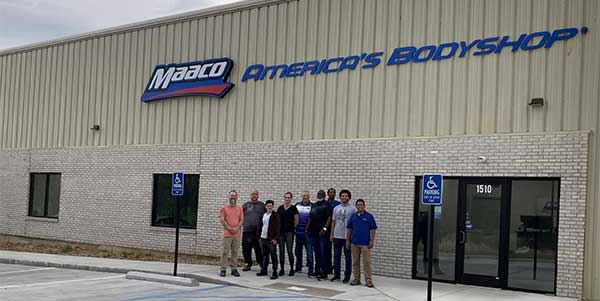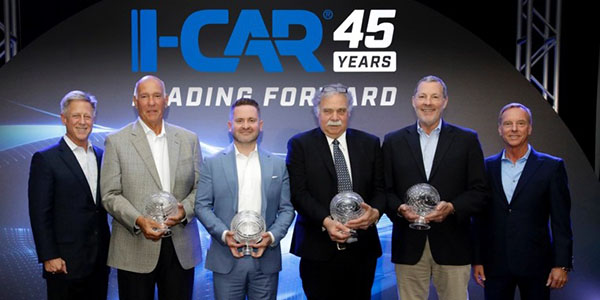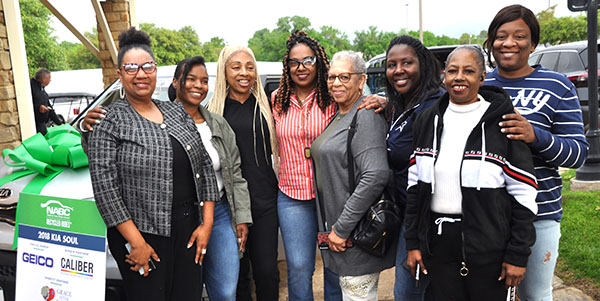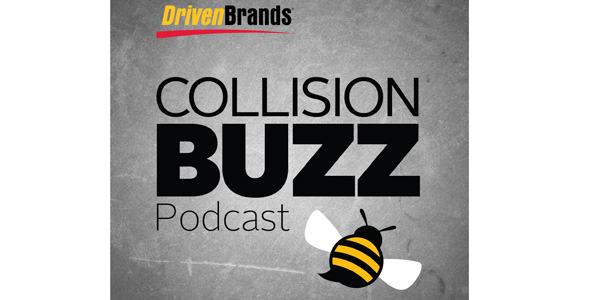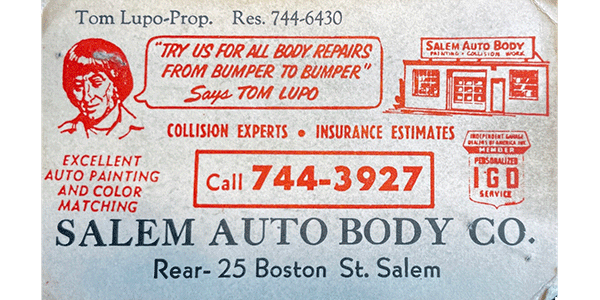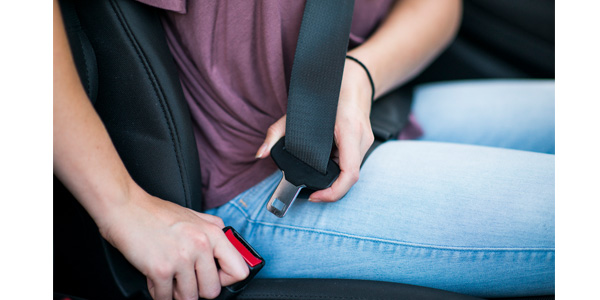
It’s been nearly a decade since anyone has died in a commercial-airplane crash. But every day, nearly 100 people are killed on our nation’s roads.
To highlight the need for more consistent safety regulations from state to state, the group Advocates for Highway and Auto Safety has released its 15th annual “Roadmap of State Highway Safety Laws.”
The 2018 report rates all 50 states and the District of Columbia on the adoption of 16 “fundamental traffic safety laws,” according to the organization.
“The states’ report card, which found 407 dangerous gaps in traffic safety laws nationwide, serves as a timely tool to guide lawmakers as 2018 legislative sessions are kicking off across the country this month,” the group said in a news release. “These lifesaving laws encourage the use of seat belts, motorcycle helmets and child safety seats. They also provide safeguards for teen drivers and prevent distracted and impaired driving.”
Each state and the District of Columbia received an overall grade of “Green” (good), “Yellow” (caution) or “Red” (danger), based on the number of the essential laws enacted.
The 2018 Green states are:
- California
- Delaware
- District of Columbia
- Louisiana
- Oregon
- Rhode Island
- Washington
States earning a poor-performing Red rating are:
- Arizona
- Florida
- Idaho
- Iowa
- Missouri
- Montana
- Nebraska
- New Hampshire
- Ohio
- South Dakota
- Vermont
- Virginia
- Wyoming
In 2017, states passed a combined 13 traffic safety laws that met the “Roadmap Report” criteria, “leaving 407 dangerous gaps in state laws across the nation,” according to the organization. The gaps include:
- Primary enforcement of seat belts – Sixteen states lack an optimal primary enforcement seatbelt law for front-seat passengers, while 31 states need an optimal primary enforcement seatbelt law for rear-seat passengers.
- All-rider motorcycle helmet law – Thirty-one states need an optimal all-rider motorcycle helmet law.
- Rear-facing through age 2 – Forty-one states and D.C. are missing a rear-facing-through-age-2 child protection law.
- Booster seats – Thirty-five states and D.C. need an optimal booster-seat law.
- Graduated driver licensing (GDL) for teen drivers: One hundred ninety-two GDL laws need to be adopted to ensure the safety of novice drivers. No state has all six optimal provisions of a GDL law.
- Impaired driving – Thirty-two important impaired driving laws covering all-offender ignition interlocks, child endangerment and open containers are needed.
- All-driver text messaging restriction – Seven states need an optimal all-driver texting ban.
- Graduated driver’s licensing (GDL) cellphone restriction – Nineteen states and D.C. lack optimal laws restricting cellphone use for teen drivers.
The report also highlights the need for “advanced motor vehicle technologies in all cars.”
“Automakers and technology company executives have been promoting autonomous vehicles (AVs), also known as driverless cars, as a panacea for traffic fatalities,” the organization said. “However, they admit the technology is many years away from a safe mass deployment. Meanwhile, lifesaving equipment exists right now that can save lives, prevent debilitating injuries and eliminate billions in costs to society. These include collision-avoidance systems and automated speed and red-light enforcement, as well as the means to improve large truck and rear seat safety.”
To download the report, visit the Advocates for Highway and Auto Safety website.


